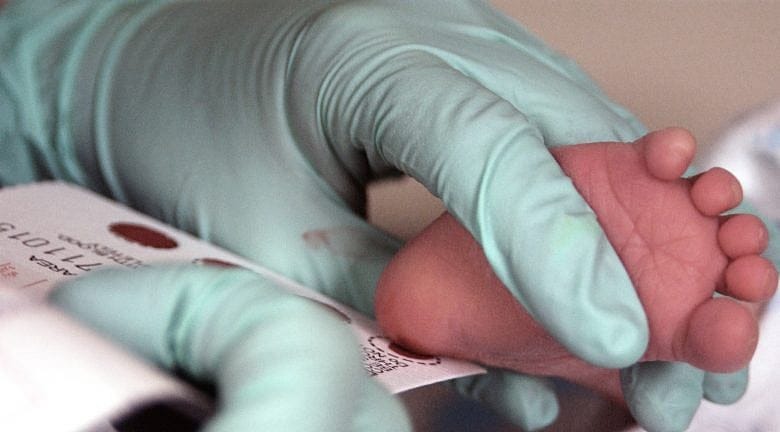Babies on Drugs: Massachusetts Health Officials Say Crisis Getting Worse

BOSTON – The number of newborn babies in Massachusetts diagnosed with drug withdrawal is rising faster than the national rate, according to new data released this week by the state's Health Policy Commission.
Neonatal Abstinence Syndrome, as the condition is called, has risen 27 percent in the past four years, most notably in the southeast quadrant of the state, which includes the cities of New Bedford and Fall River. It's a growing health crisis in a region already beset with opioid abuse.

